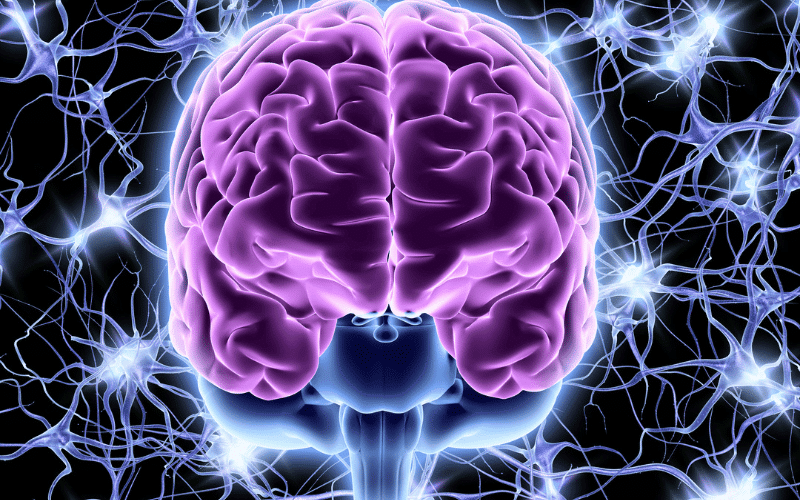5. HD’s Impact on the Mind: The Cognitive and Psychiatric Implications

HD’s incursion isn’t limited to the body; it significantly affects the mind as well. Along with motor symptoms, cognitive and psychiatric symptoms are key aspects of HD that can profoundly impact a person’s life. Let’s explore these impacts and how they intersect with the other symptoms of HD.
Cognitive changes in HD primarily affect an individual’s executive functions, which include organizing, prioritizing, and decision making. A person with HD might struggle with multitasking and have a hard time processing information quickly. The ability to learn new things also declines, and short-term memory is often affected.
Psychiatric symptoms are also common in HD and can sometimes be the most challenging aspect of the disease to manage. Depression, anxiety, and irritability are common. More severe psychiatric disorders, such as bipolar disorder or even psychosis, may occur.
Changes in personality are often one of the most distressing aspects of HD, both for the individual with the disease and their loved ones. A once cheerful and outgoing person might become withdrawn and apathetic, or a usually calm person might become aggressive and irritable. These shifts can be difficult to accept and understand, but they are a direct result of the changes occurring in the brain due to HD.
Another challenging aspect is the combination of cognitive and psychiatric symptoms with the physical symptoms of HD. A person with HD might understand what is happening to them and be aware of their loss of abilities, which can lead to frustration and depression. On the other hand, some people might not be aware of their symptoms, leading to conflict and misunderstanding with family members. (5)